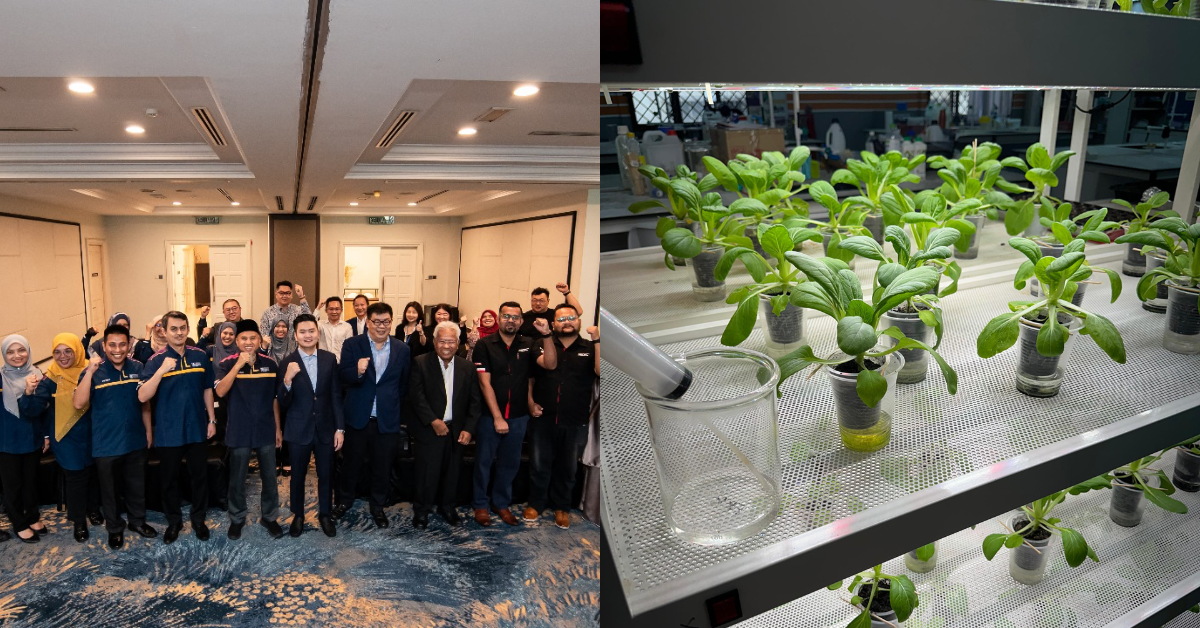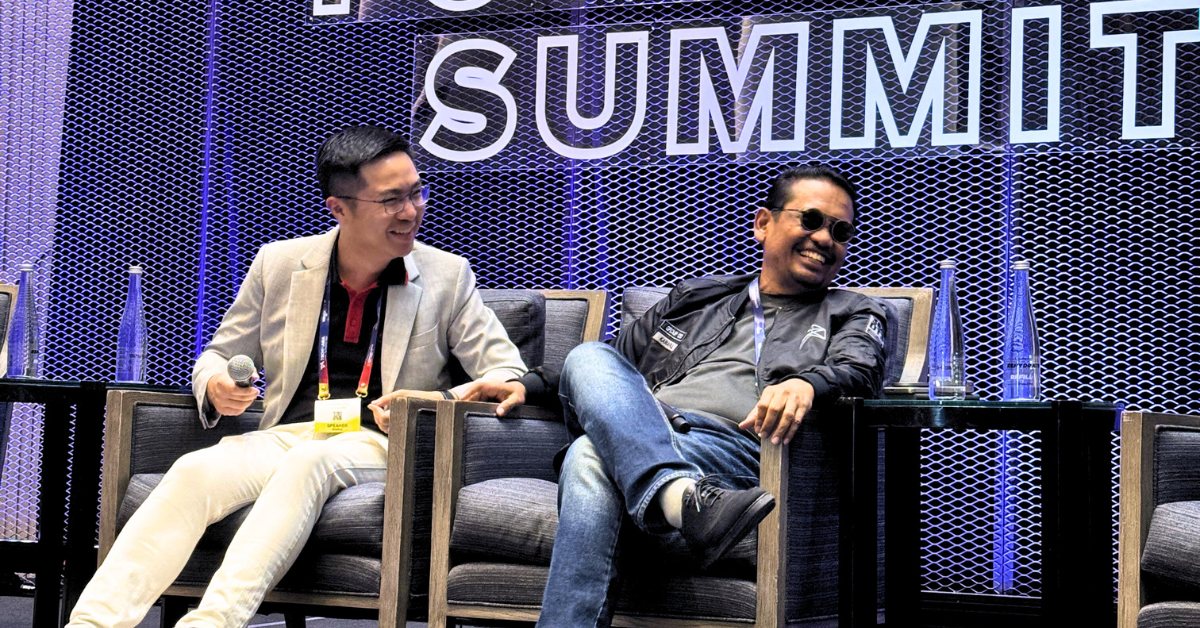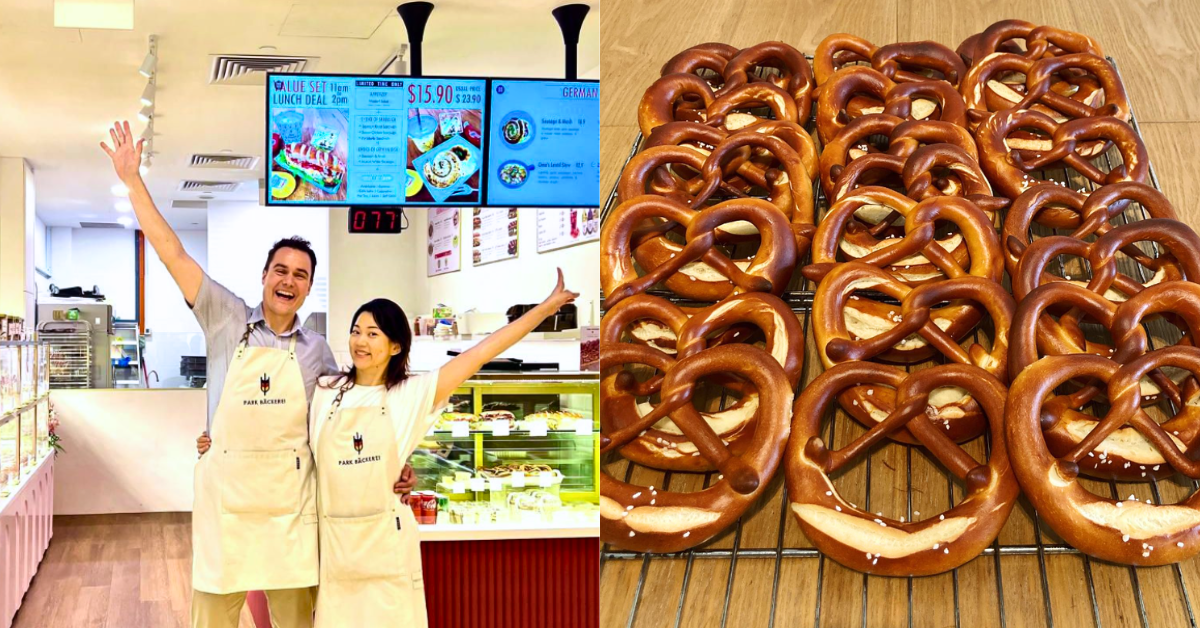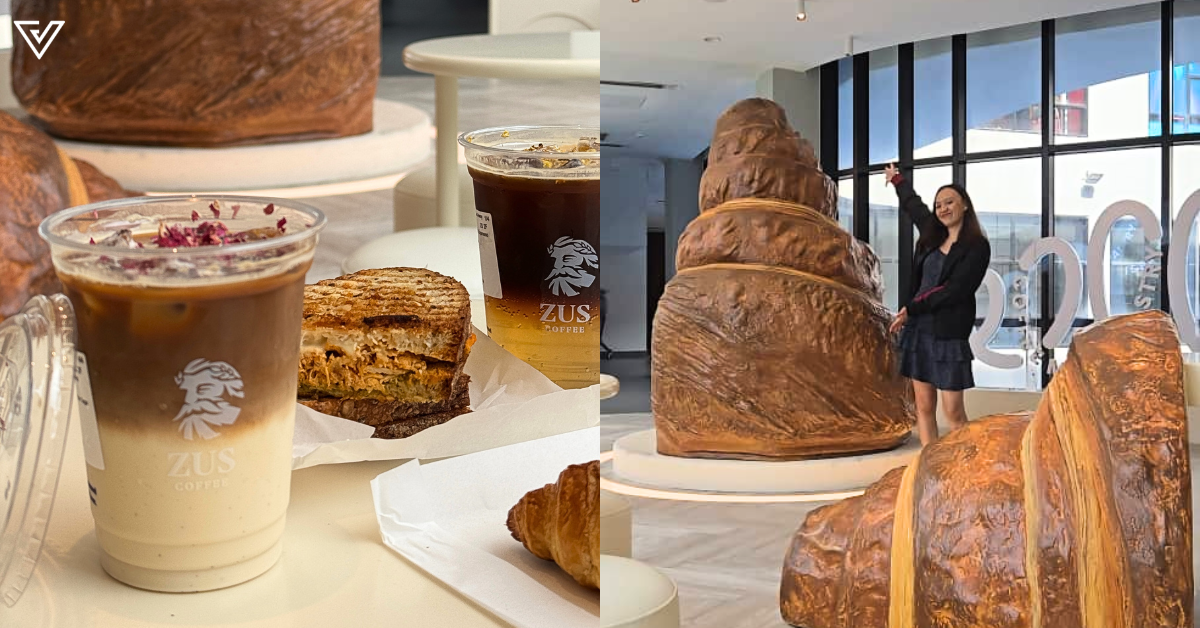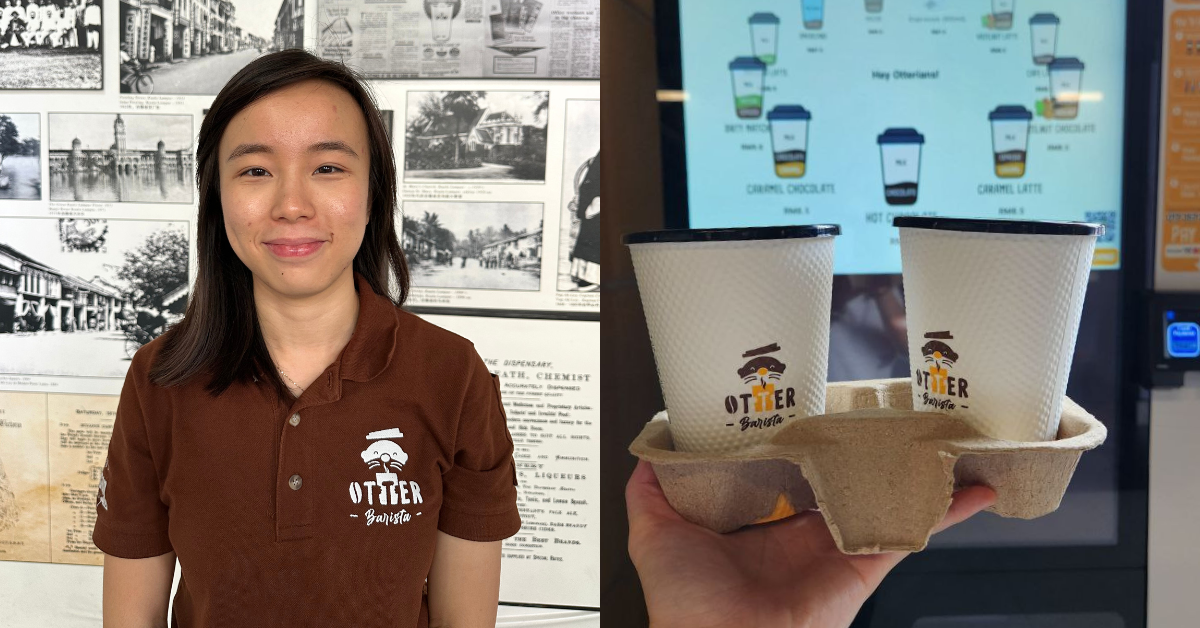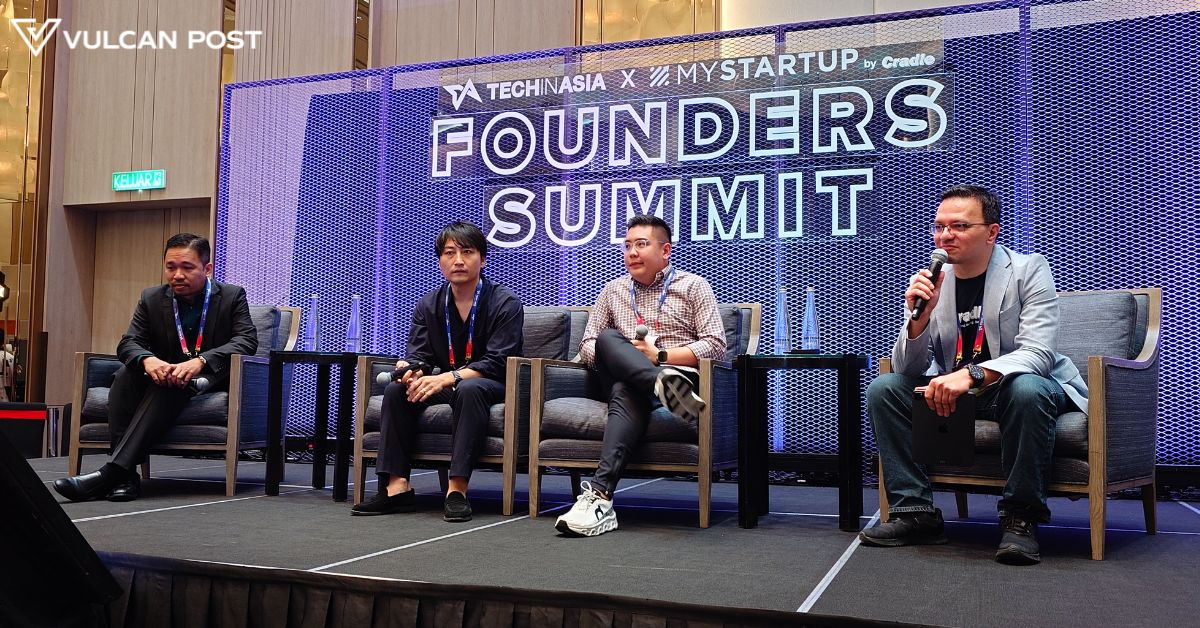[This is a sponsored article with TechnoDex Berhad.]
Climate change has significantly impacted agriculture, causing unpredictable weather patterns and shifts in growing seasons. These changes cut crop yields, affecting B40 farmers who rely on their harvests for income.
At the same time, Malaysia’s rapid urbanisation is leading to a decrease in arable land.
These issues threaten food security, farmer livelihoods, and sustainable farming in urbanising regions.
The agritech industry must find alternative ways to address these issues.
That’s exactly what partners Grayscale Technologies (Grayscale) and Universiti Teknologi MARA Penang Cawangan Pulau Pinang (UiTM) aim to do with their Urban Farming Cabin.
Meet the team:
A subsidiary of TechnoDex Berhad, Grayscale provides technology solutions such as IoT, app development, cybersecurity, and more across various industries.
UiTM is a local public university focusing on subjects such as business and management, social sciences and humanities, as well as science and technology fields with 34 campuses around Malaysia.
No land? No problem.
Put simply, the Urban Farming Cabin is a high-tech, closed-environment unit designed to bring farming to urban locations.
Currently in its proof of concept stage, here’s how the cabin works:
A large shipping container is converted into a smart greenhouse.
Inside this container, plants are grown without soil through a hydroponics system.
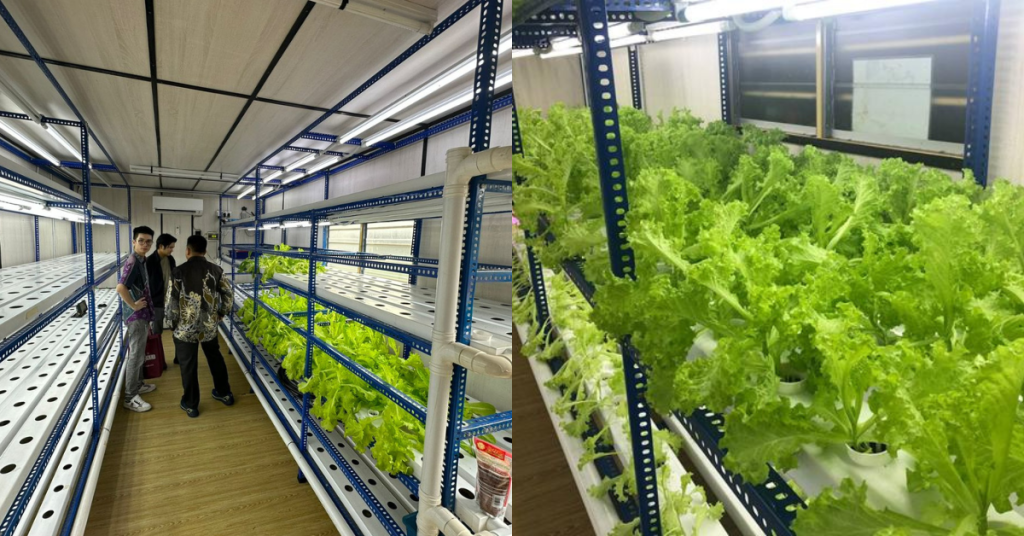
Internet of Things (IoT) sensors control the weather inside the cabin. These sensors track temperature, humidity, light, and nutrients in real time to optimise crop cultivation.
“For example, if the temperature inside the cabin gets too high or too low, the system can automatically adjust fans or heaters to maintain the ideal conditions for plant growth,” explained Mohamed Syazwan Bin Osman, the Project Lead of the Urban Farming Cabin and Senior Lecturer at UiTM.
The cabin’s closed environment protects crops from pests and diseases, ensuring consistent and high yields.
While it can be likened to a greenhouse, Syazwan clarified that this cabin is slightly different.
“Traditional greenhouses have their merits but often require large plots of land, which are not always available in urban areas. Furthermore, they rely heavily on manual monitoring and control, which can be labour-intensive and less precise,” he stated.
These greenhouses also use soil and need extensive land and water. The Urban Farming Cabin, however, uses hydroponics, which can grow plants without soil and use significantly less water by up to 90% compared to conventional farming.
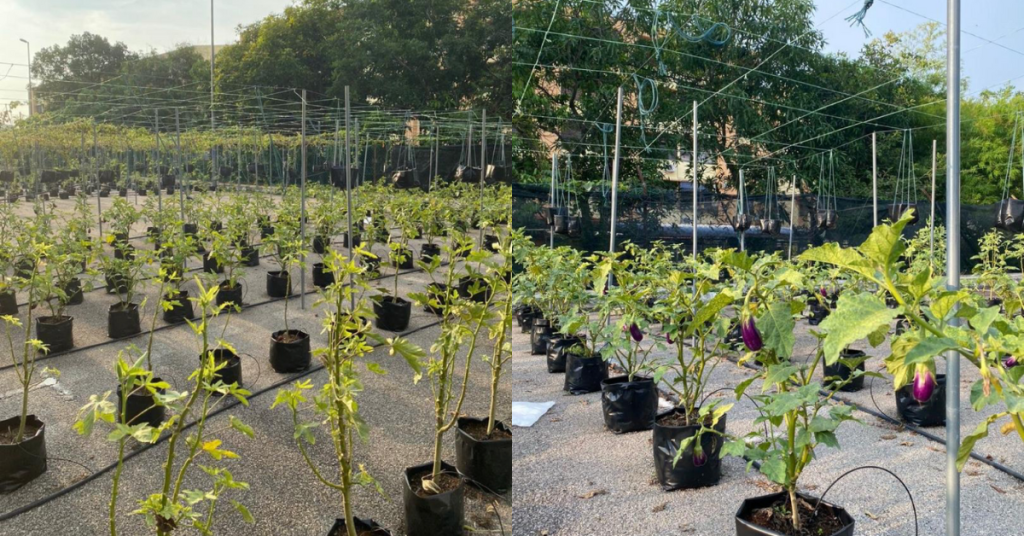
With IoT integration, they can have precise and automated control of the farming environment. This not only reduces labour but also boosts productivity and crop yields.
The Urban Farming Cabin is designed to be scalable as well.
“Our cabins are modular, meaning they can be set up anywhere, even in places without farmland, like city rooftops, parking lots, or unused spaces,” elaborated Tunku Izzudin Shah, Director of Grayscale and CMO of TechnoDex Group. “They can be stacked or arranged to fit different areas, making it possible to farm in urban areas.”
This flexibility helps produce fresh, local food and reduces the need to transport food over long distances, cutting down on carbon emissions while bringing fresh produce to more communities.
From food security to financial stability
B40 farmers are the primary beneficiaries of this system. Should the Urban Farming Cabin pan out as intended, it promises to upskill farmers through UiTM’s expertise, and eventually provide a reliable and sustainable source of income.
“By producing high-value crops such as salad greens, which have seen a significant price increase in recent years, these farmers can achieve better economic stability and move towards higher income brackets,” Tunku Izzudin Shah added.
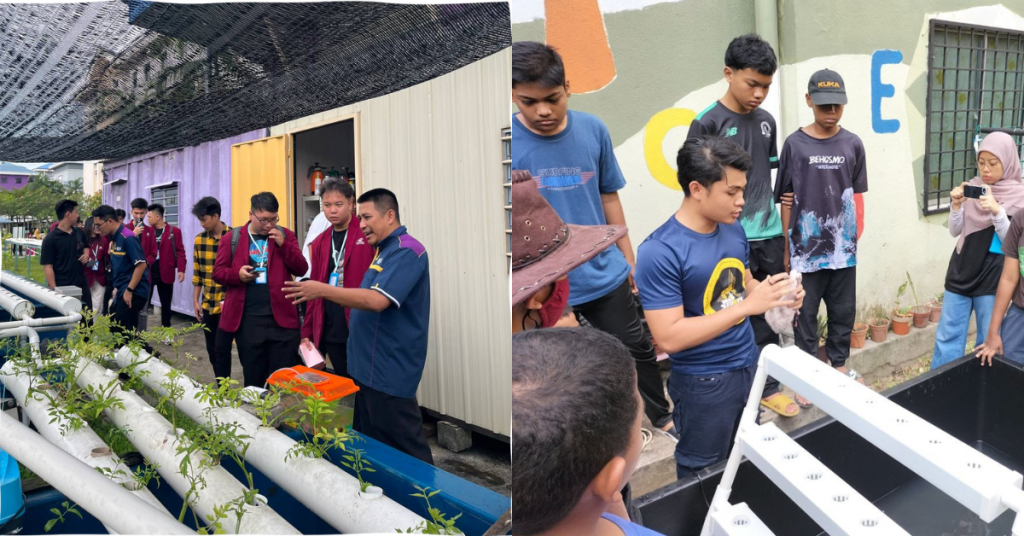
The system’s efficiency and low resource requirements make it particularly suitable for urban farmers who face constraints on their agritech skills gap.
Ultimately, Grayscale and UiTM’s main objective for farmers is to educate them on new agritech methods that can produce high-value crops based on market demand. This empowers B40 farmers with the skillsets and potential for higher earning power to sustain their livelihoods.
To ensure that the Urban Farming Cabin remains economical for B40 farmers to adopt, Grayscale and UiTM have several plans to make it financially viable.
For one, a CODO (Company Owned, Dealer Operate) model can be applied. It’s where the cabins are owned by a central entity, like a cooperative or agricultural company, and operated by local farmers.
This model shares investment costs, reducing the financial burden on individual farmers. Farmers can also lease the cabins or join profit-sharing arrangements, benefiting without large upfront investments.
Securing subsidies and grants for B40 farmers is another strategy. Syazwan elaborated that programmes like the Rancangan Malaysia Kedua Belas (RMKe-12), which promotes smart agriculture, can provide financial support.
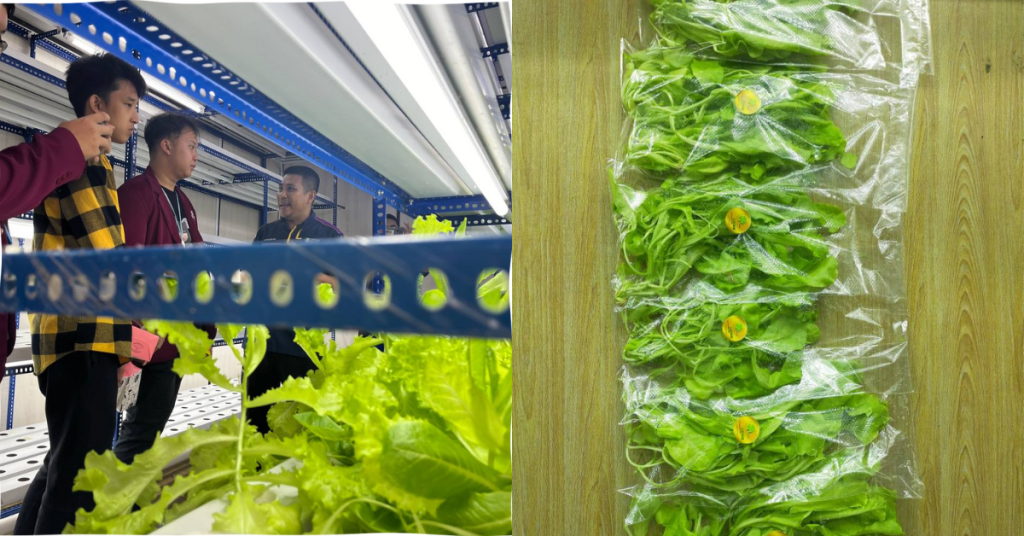
For distribution, the team plans to establish supply agreements with restaurants, supermarkets, and food processors for fresh, locally-grown produce. This approach ensures farmers have a reliable income stream.
It starts with a seed
The Urban Farming Cabin goes beyond simply placing a farm in a container.
Grayscale and UiTM aim for this project to set a benchmark in sustainable urban agriculture that’s scalable and replicable worldwide.
“By demonstrating the viability and benefits of integrating advanced technologies in urban farming, we aim to inspire other communities and institutions to adopt similar practices. This can lead to a more resilient and sustainable global food system, capable of withstanding the challenges posed by climate change and urbanisation,” Tunku Izzudin Shah shared.
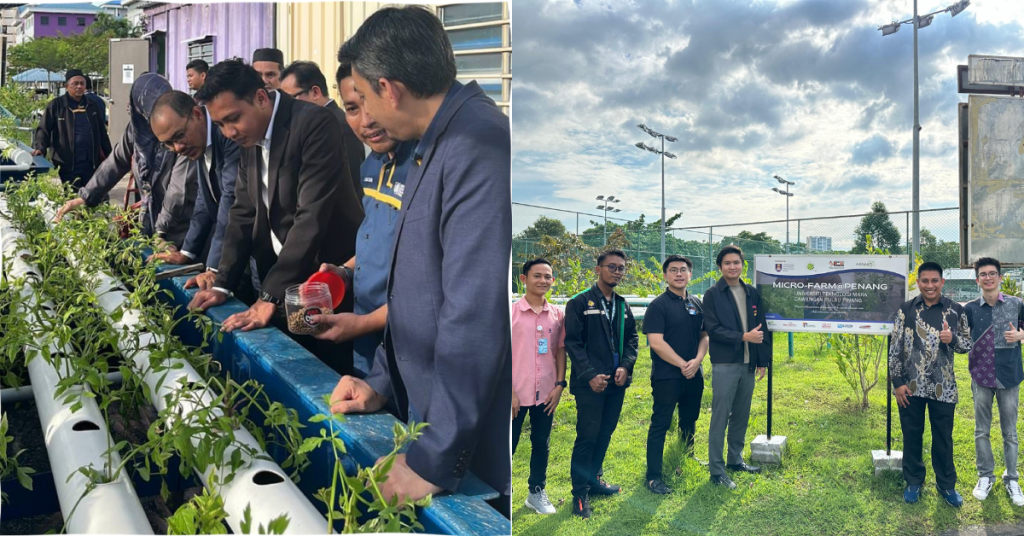
Furthermore, integrating technology in the Urban Farming Cabin can greatly pique the interest of younger generations. Modern technology in agriculture makes farming more innovative and less labour-intensive, appealing to today’s youth.
Tunku Izzudin believes the project’s success will demonstrate IoT technology’s crucial role in precision farming, optimising crop production with data-driven insights.
“Moreover, the integration of IoT can facilitate better resource management, reduce waste, and improve overall efficiency,” he added.
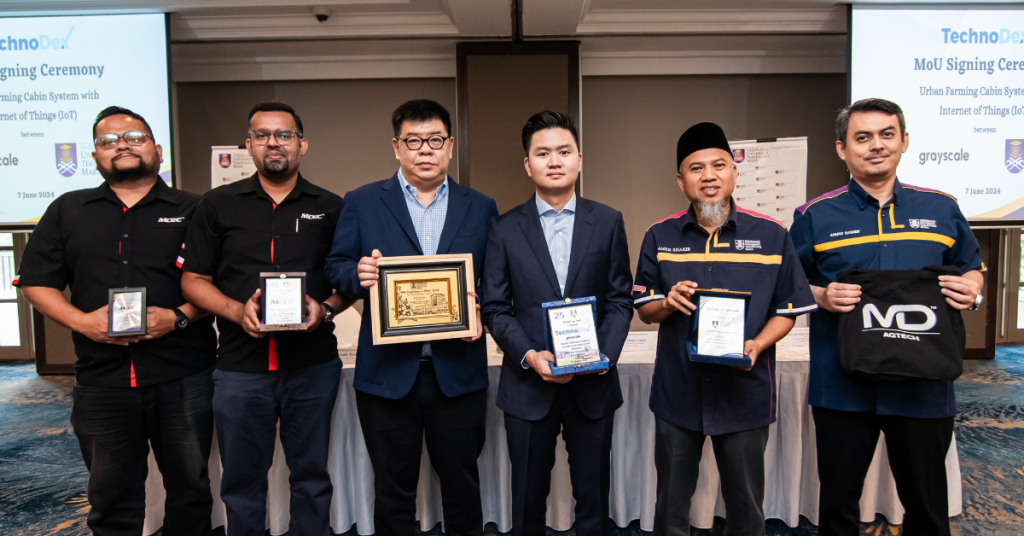
On June 7, 2024, UiTM and Grayscale signed a Memorandum of Understanding (MoU), formalising their commitment to the research, development, and commercialisation of the Urban Farming Cabin.
By combining UiTM’s and Grayscale’s strengths, both parties are poised to innovate in agritech, addressing urban agriculture challenges and delivering tangible benefits to the B40 community and beyond.
- Learn more about Grayscale Technologies here, and Universiti Teknologi MARA Penang Cawangan Pulau Pinang (UiTM) here.
- Read more agritech-related articles here.
Featured Image Credit: UiTM / Grayscale Technologies

